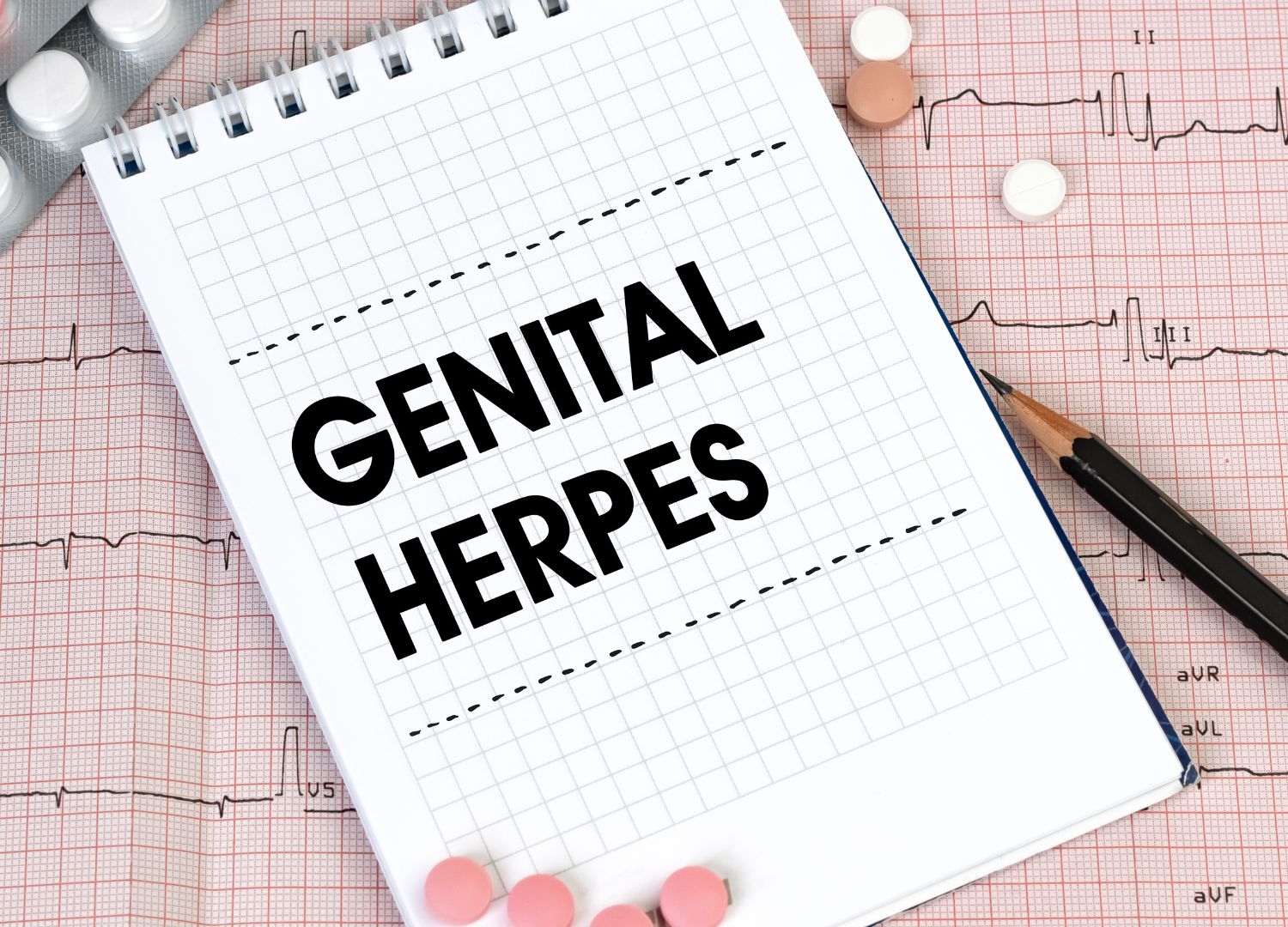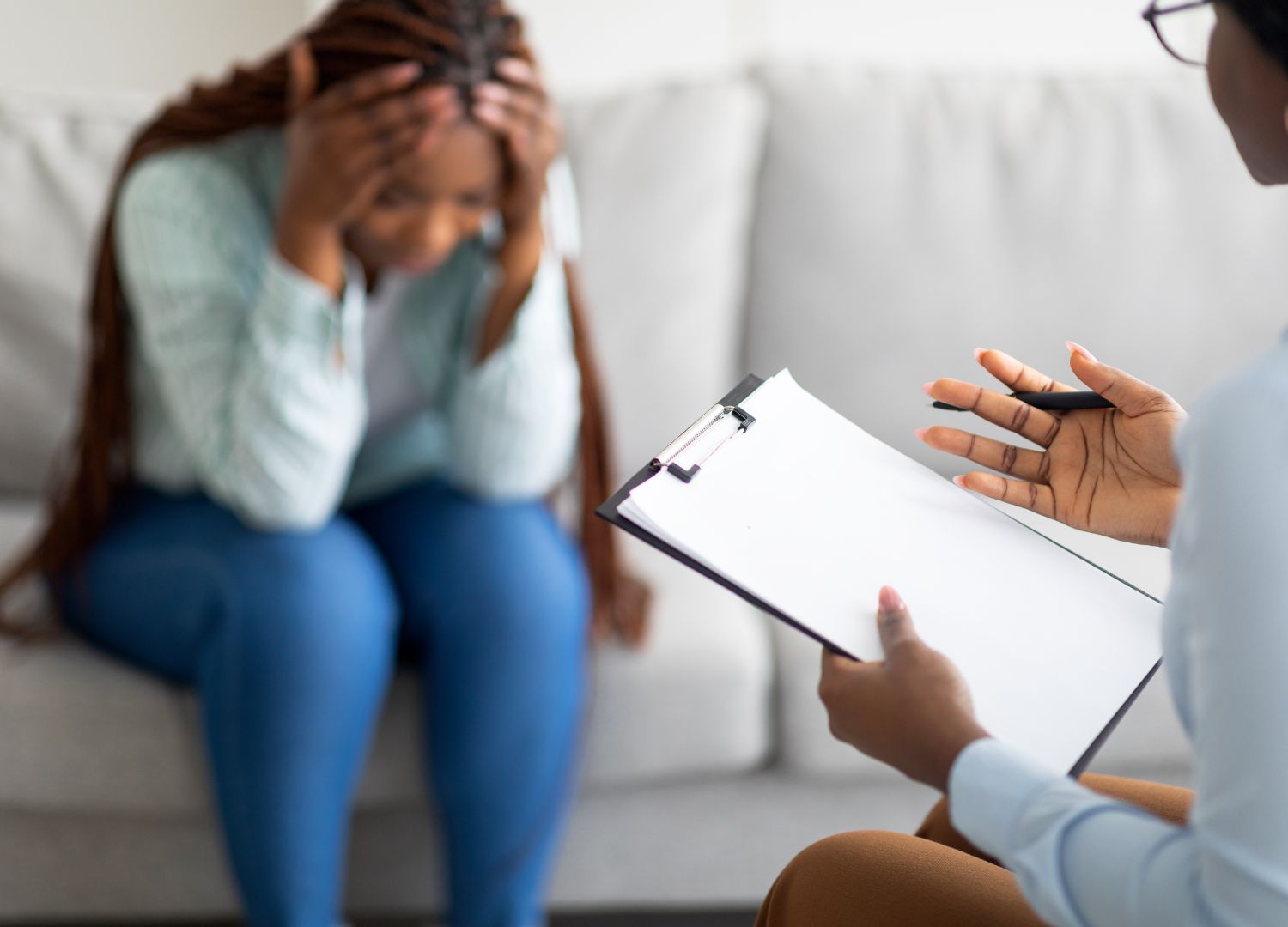
Understanding and Managing Acute Diarrhoea in Children
Introduction
Acute diarrhoea na common condition for children. E dey cause frequent loose or water water stools wen dey lead to dehydration and discomfort. E dey often caused by viral or bacterial infections, and parents and caregivers suppose dey well-informed about em symptoms, causes, and management.
Wetin be Acute Diarrhoea?
Acute diarrhoea na sudden onset of frequent water water stools for children, e dey typically last for few days to one week.
While most cases dey mild and go resolve on em own, severe or prolonged diarrhoea fit lead to dehydration, wen be serious concern, especially for younger children.
Common Causes of Acute Diarrhoea for Children
• Viral Infections: Viruses like rotavirus, norovirus, and adenovirus na the most common culprits of acute diarrhoea for children. These infections dey highly contagious and fit spread quick quick for daycare settings and schools.
• Bacterial Infections: Bacterial pathogens like Salmonella, E. coli, and Campylobacter fit also cause acute diarrhoea for children.
Contaminated food, water, or contact with people wen dey infected fit lead to bacterial gastroenteritis.
• Parasitic Infections: Parasites like Giardia and Cryptosporidium fit cause prolonged diarrhoea. Children fit contract these parasites from contaminated water or poor hygiene.
• Food Allergies and Intolerances: Some children fit experience diarrhoea due to food allergies or intolerances, like lactose intolerance or sensitivity to some certain foods.
Symptoms of Acute Diarrhoea for Children
The symptoms of acute diarrhoea for children fit vary, but common signs to look out for na :
• Frequent loose or watery stools
• Stomach cramps or pain
• Nausea and vomiting
• Fever
• Loss of appetite
• Dehydration (dry mouth, sunken eyes, reduced urine output)
Prevention and Treatment
To Prevent acute diarrhoea for children dey involve good hygiene practices, like to dey wash hand regularly ,to dey handle food properly , and to make sure say source of water dey clean.
Vaccination against rotavirus fit also help reduce the risk of infection.
For cases of acute diarrhoea, treatment go focus on to help relieve the symptoms and prevent dehydration.
some strategies na:
• Oral Rehydration: The most important aspect to take manage acute diarrhoea na rehydration. Encourage the pikin to drink oral rehydration solutions (ORS) or make e take clear fluids like water, diluted fruit juices to replace the lost fluids and electrolytes.
• Diet Modification: Wen the pikin dey experience diarrhoea, e go need avoid food wen fit make the condition worse , foods like dairy products, high-fiber foods, and fatty or spicy meals. Instead na bland diet wen include bananas, rice, applesauce, and toast (BRAT diet) the pikin suppose eat .
• Probiotics: Some studies don suggest say some certain probiotics fit help reduce the duration and how serious the acute diarrhoea go be . Consult your pediatrician before you use probiotics.
• Medications: Over-the-counter anti-diarrhoeal medications nor dey generally recommended for children. Consult your pediatrician before you use any medication.
• Rest and Monitoring: make sure say your pikin gets enough rest and make you closely monitor em condition. If symptoms still dey or worsen, seek medical attention.
Conclusion
Acute diarrhoea for children na common and usually self-limiting condition. E fit dey distressing for both the children and dia parents, e dey essential to focus on how to relieve symptom and prevent dehydration.
If you follow proper hygiene practices and seek medical advice wen e dey necessary, you fit effectively manage and reduce your pikin acute diarrhoea, and help am make e quick recover.












